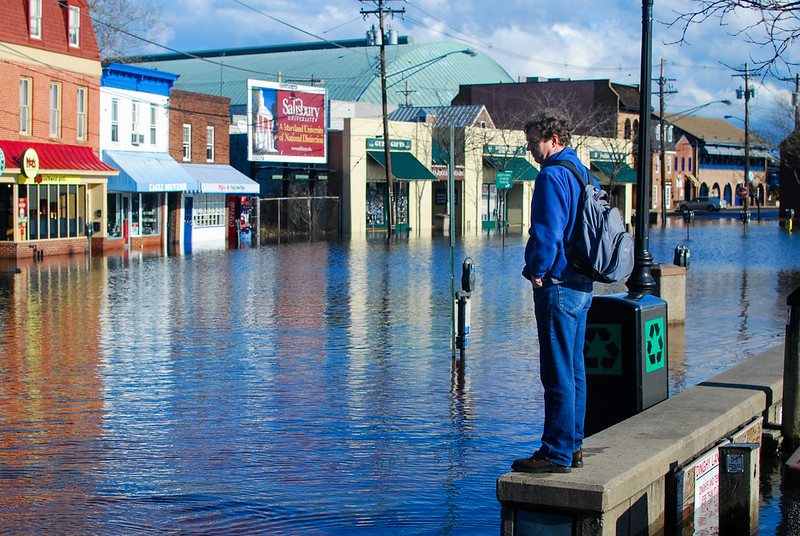

Though distinctly not serious about fighting climate change, the Infrastructure Investment and Jobs Act (IIJA, the infrastructure law) can still help lead to some decent climate outcomes if states and metro areas make the choice to prioritize doing so with their flexible funding.
This post is part of T4America’s suite of materials explaining the 2021 $1.2 trillion Infrastructure Investment and Jobs Act (IIJA), which governs all federal transportation policy and funding through 2026. What do you need to know about the new infrastructure law? We know that federal transportation policy can be intimidating and confusing. Our hub for the new law will walk you through it, from the basics all the way to more complex details.
The most recent report from the International Panel on Climate Change warns us that even with the most aggressive emissions reduction strategies, global warming will more than likely exceed 1.5°C in the near term. So emissions reduction strategies that can prevent even more destructive consequences from greater global warming are urgently needed, but we also need to prepare our communities for the disastrous effects of climate change that are already hitting much of the country.
That is why this post will focus on how the federal government and its state and local grant recipients can use money from the infrastructure law to:
- reduce greenhouse gas emissions from the transportation sector, and
- make our transportation infrastructure, especially in our most vulnerable communities, adaptive and resilient to the all-but-inevitable effects of global climate change.
Both of these strategies are essential to reach the Biden administration’s climate goals and save Americans from the worst of climate change.
Emissions reduction
How and where the infrastructure law money is spent will have a massive impact on whether it is able to reduce greenhouse gas emissions. In addition to the bill’s separate $46+ billion dedicated toward resiliency and new climate-focused programs outlined below, states and metro areas are free to spend much of the law’s $650 billion in surface transportation money on climate-friendly projects like transit, active transportation, or repair, thanks to the broad flexibility built into the law. But it could just as well be spent on expanding roadways, inducing more demand for driving and thus increasing greenhouse gas emissions.
It all comes down to what states choose to prioritize, and how they direct their money. Here’s what we mean, via two potential future scenarios of IIJA spending, courtesy of the Georgetown Climate Center (GCC):
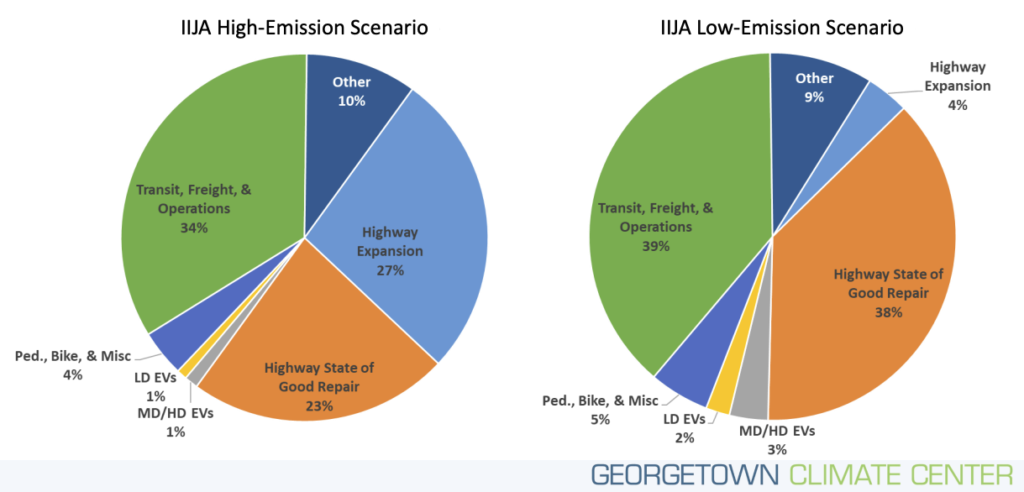
In the high-emissions scenario (left), highway expansion outpaces highway repair, encouraging yet more driving and doubling down on a system where a car is required just to participate in the economy. But the low-emissions scenario (right) heavily prioritizes repair and shifts five percent of funds toward transit, providing room for communities to provide for multimodal accessibility and move away from a dependence on cars. (According to the GCC, our recent spending/priorities are somewhere in between these two scenarios.) Both scenarios are legal and valid uses of infrastructure law money, but represent two radically different spending approaches.
But only one of these scenarios will bring a net decrease in transportation emissions:
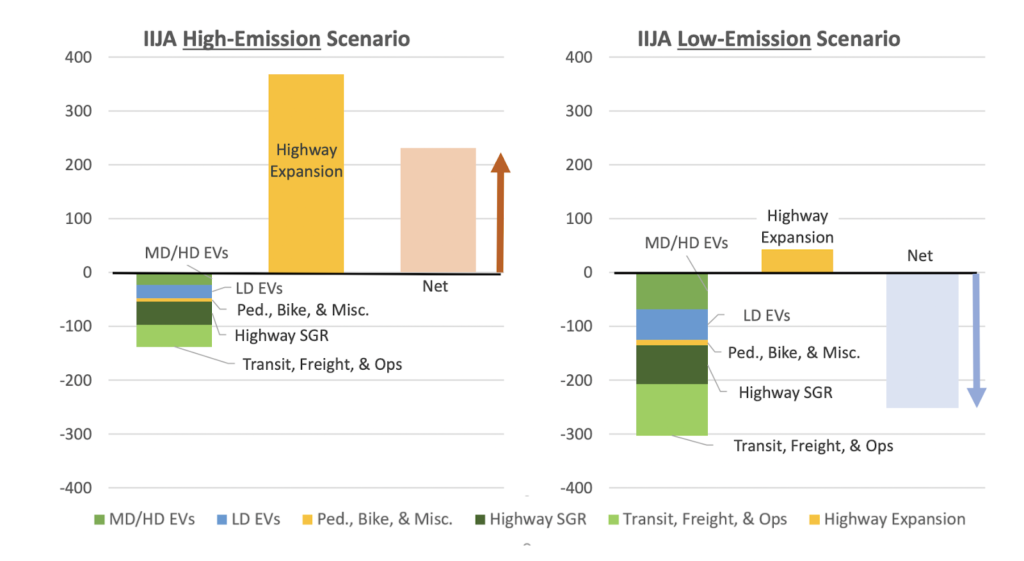
When one-tenth of a degree of warming could make the difference in extreme weather events, the difference between these two scenarios is massive. Especially when the GCC’s model predicts that the high-emissions scenario would in fact substantially increase emissions above where we would be without the infrastructure law.1
Each of the largest formula grant programs (like the NHPP and STBG) and every other program with broad eligibility can and should be used to reduce emissions by enabling modes of travel other than cars. In fact, most of the infrastructure law’s funding could be marshaled toward either of the scenarios, so we will not list every specific program in this post. Check out our IIJA hub for guides on how to make sure the low-emissions scenario wins out, category by category. But three climate-focused programs are worth noting:
The Congestion Mitigation and Air Quality Improvement (CMAQ) Program: This formula grant program is funded annually at about $2.6 billion (up from $2.4 billion) and can be used for a wide range of projects that reduce congestion and therefore air quality. The IIJA allows states to spend CMAQ funds for operating public transit and shared micromobility, including bike share and shared scooter systems, as well as for the purchase of medium- or heavy-duty zero emission vehicles and related charging equipment.
The Carbon Reduction Program: States receive more money overall under the IIJA, but this new program requires them to set aside about 2.56 percent of their total apportionment toward reducing transportation emissions. There is a loophole, though: states can redirect this money into their highly flexible STBG funds if the Secretary certifies that the state has reduced transportation emissions on a per capita and per unit of economic output basis. (More about fixing this loophole under “what the administration can do” below.) Of the new carve-out, 65 percent of the program’s funds are to be allocated by population in the state, whereas the remaining 35 percent is at the discretion of states. For areas with populations over 200,000, the metropolitan planning organization (MPO) administers that 65 percent local share of program funding for eligible projects. These can include planning, designing, and building on- and off-road active transportation facilities and improvements to the roadway right-of-way to facilitate reductions in transportation emissions and congestion.
Reduction of Truck Emissions at Port Facilities Program: This new discretionary grant program, funded at $400 million over five years, will be distributed to America’s ports so they can invest in technology and operational efficiencies to reduce emissions from idling trucks. They can also use the money to electrify their operations and conduct the required workforce development and training therein.
Adaptation and resilience
Catastrophic hurricanes, heat waves, flooding, and other extreme weather events devastating American communities have become more frequent due to climate change and will happen more often as global warming worsens. So while we reduce emissions, we must also work to protect people from these events, with a focus on the disproportionate impact of climate-related disasters and public health hazards (like urban heat islands) on marginalized communities. The kinds of adaptation and resilience resources outlined below should focus first and foremost on these communities. The EPA’s action on clean water justice is a good model for environmental justice in climate resilience.
The National Highway Performance Program (NHPP), which accounts for over half of all Highway Trust Fund formula program spending, expanded its mission to address resilience, clearing the way to use these highway dollars to upgrade or repair existing assets to make them more resilient. It is still only an option on a menu of uses, but advocates can now pressure states to use NHPP funding for this newly stated purpose: “mitigate the cost of damages from sea level rise, extreme weather events, flooding, wildfires, or other natural disasters.”
The most direct funding mechanism for adaptation and resilience is the Promoting Resilient Operations for Transformative, Efficient, and Cost-saving Transportation (PROTECT) Program. Split between competitive and formula grants, the program is designed to help communities anticipate, prepare for, and adapt their transportation systems to natural disasters. The $7.3 billion (over five years) formula portion can be used by states and MPOs to build more resilient roads, transit, or ports, such as through the elevation or hardening of key infrastructure, as well as adjacent infrastructure like flood gates and culverts. The competitive grants, funded at $1.4 billion over the next five years, can be used for many of the same purposes, with more of a focus on access to services and evacuation routes.
The Healthy Streets Program is a competitive grant program that dedicates $100 million a year (subject to annual appropriations) to address the urban heat island effect. Local, regional, tribal, and state governments can apply for funding to make improvements to tree canopies, porous pavement, and other cooling projects.
Many states like Rhode Island have found federal flood mapping inadequate to capture evolving risk, so the law provides the National Oceanographic and Atmospheric Administration (NOAA) with $492 million to develop improved flood mapping and water modeling which could inform critical areas for future resilience investment. This will improve existing resources like the Sea Level Rise Viewer (which you should check out if you have not).
Finally, USDOT will provide for the establishment of 10 regional Centers of Excellence for Resilience and Adaptation and one national Center of Excellence for Resilience and Adaptation, each receiving $5 million annual grants to research resilience and adaptation technology, support data collection, and develop new approaches to keeping our communities safe.
How else could the administration advance our climate goals?
Other than prioritizing projects that do the most to lower emissions when awarding competitive grants, the Biden administration can pull a couple other administrative levers to make sure that federal action is oriented toward a lower-emission future.
As noted above about the Carbon Reduction Program, the Secretary of Transportation can allow states to divert CRP money to their highly flexible STBG pot, likely resulting in projects that will lead to much higher transportation emissions. So USDOT needs to codify strict guidelines for determining sufficient emissions reductions before allowing states to shift these funds—protecting against a future administration allowing states to fund projects that do not actually lower emissions.
Any efforts to address climate change should focus on those who are and will be most burdened by its effects. Some essential steps include focusing on communities with a history of underinvestment, addressing comorbidities like asthma and heart disease, and accounting for flooding vulnerabilities in marginalized communities (and conversely, climate change-induced gentrification in marginalized communities). The administration should continue to push guidance to include those strategies in formula and discretionary grant distribution.
USDOT should require clearer and more robust data for the public on transportation emissions. For one, induced demand should be included in transportation growth modeling. Also, USDOT should track transportation emissions per capita by state and publish results and trends online. They should include emissions reduction from the system, not just vehicles.
So what?
Many of the Biden administration’s most serious emissions reduction policies were in the (stalled) Build Back Better Act, but the future of that bill is uncertain and advocates should continue to push for emissions-slashing transportation policies not only at the federal level, but state, regional, and local level.
The infrastructure law largely gives states the flexibility to do what they like with climate-related money. So now, the onus of lowering greenhouse gas emissions and making our communities more resilient falls to states and localities. Whether you are a planner, a legislator, an advocate, or a concerned citizen, now is the time to raise the alarm and make sure infrastructure money is spent in a way that minimizes the impact of climate change on American communities.




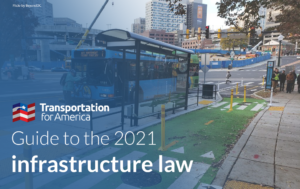
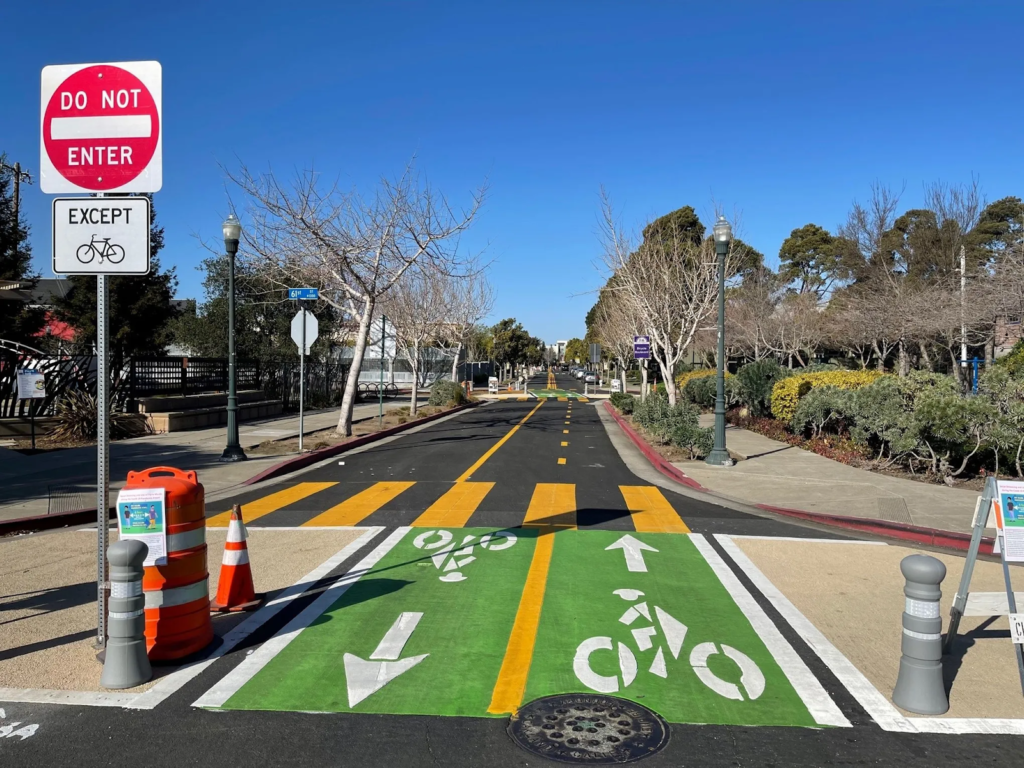

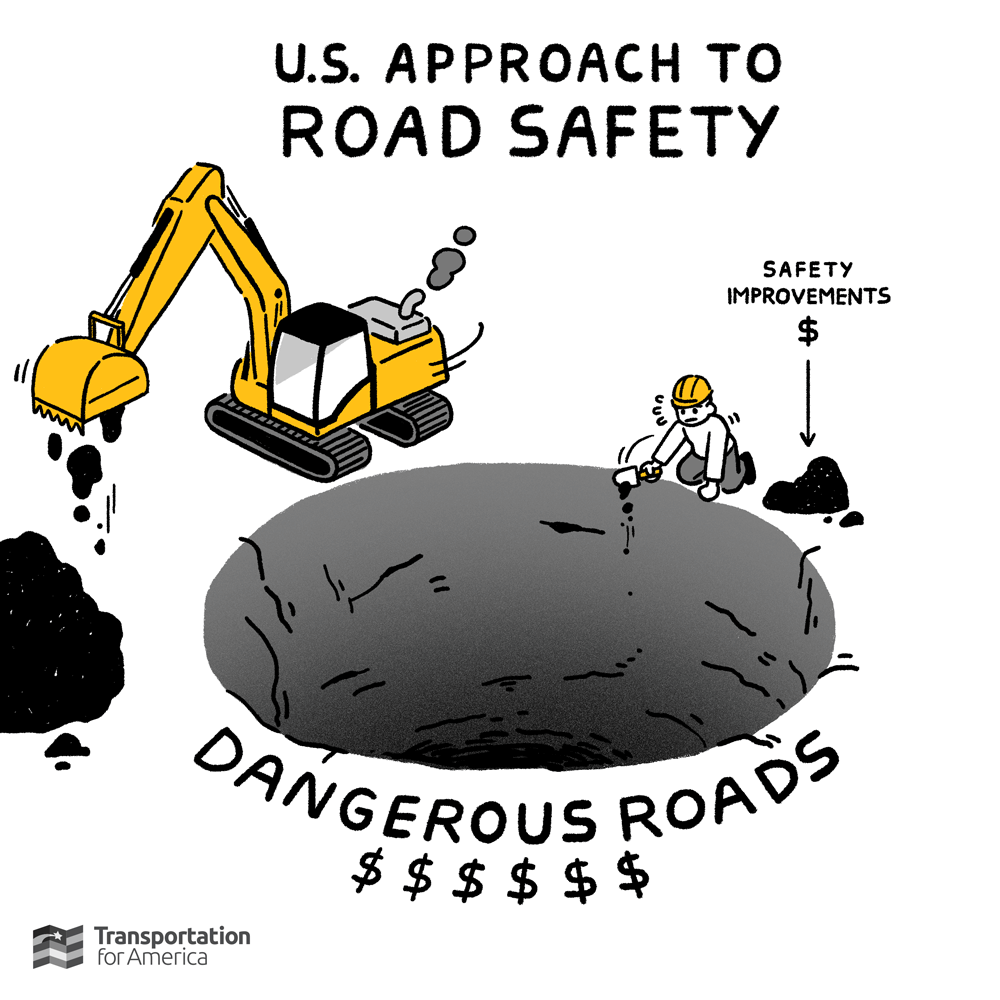
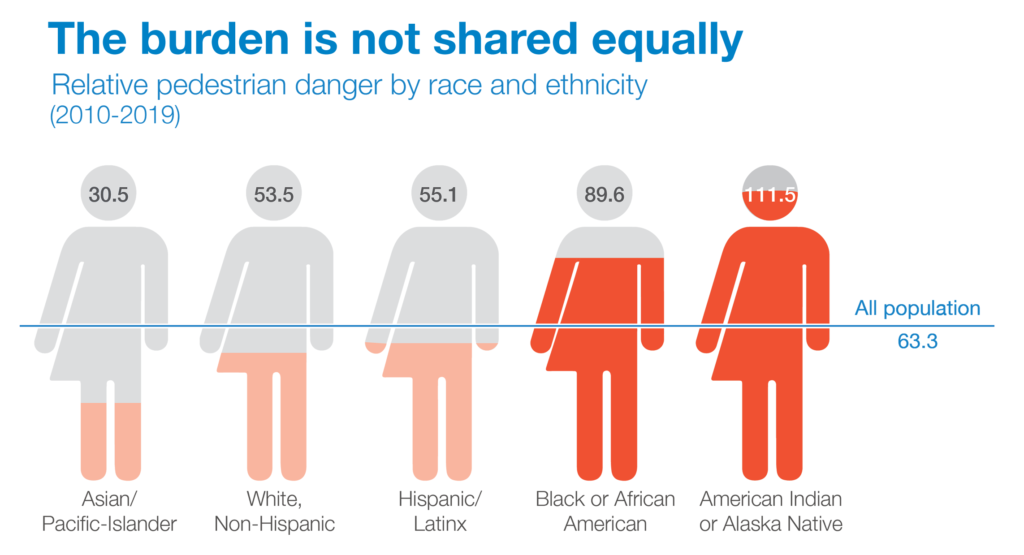
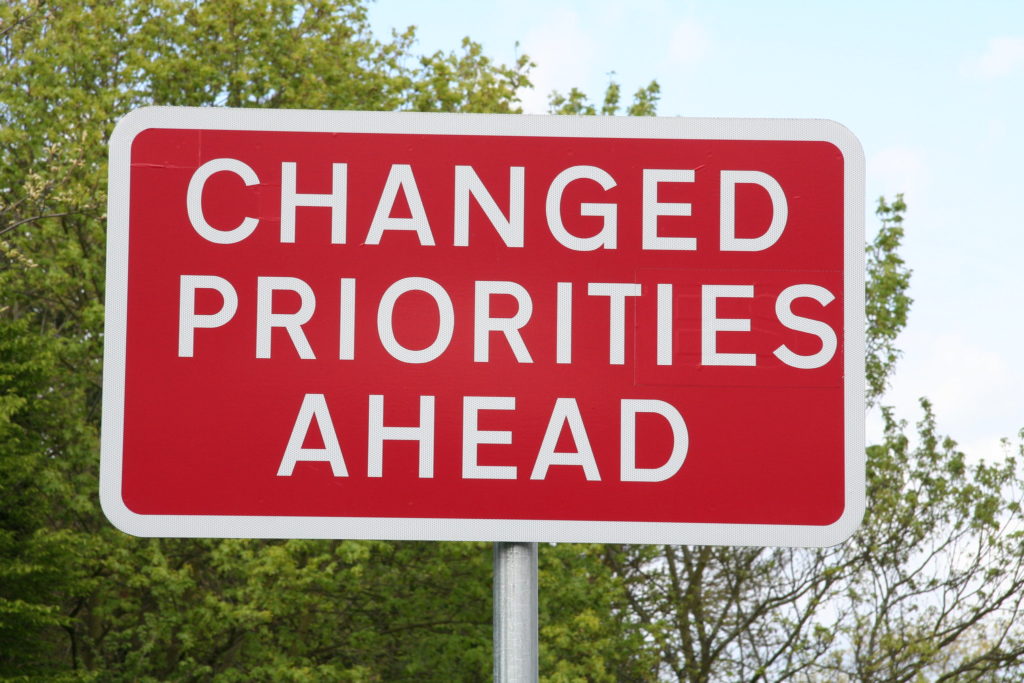
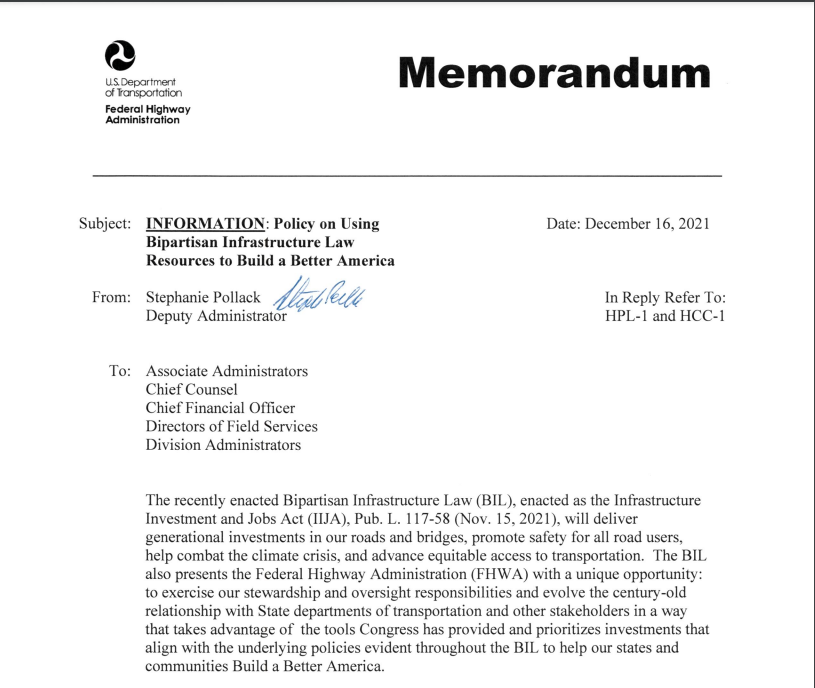
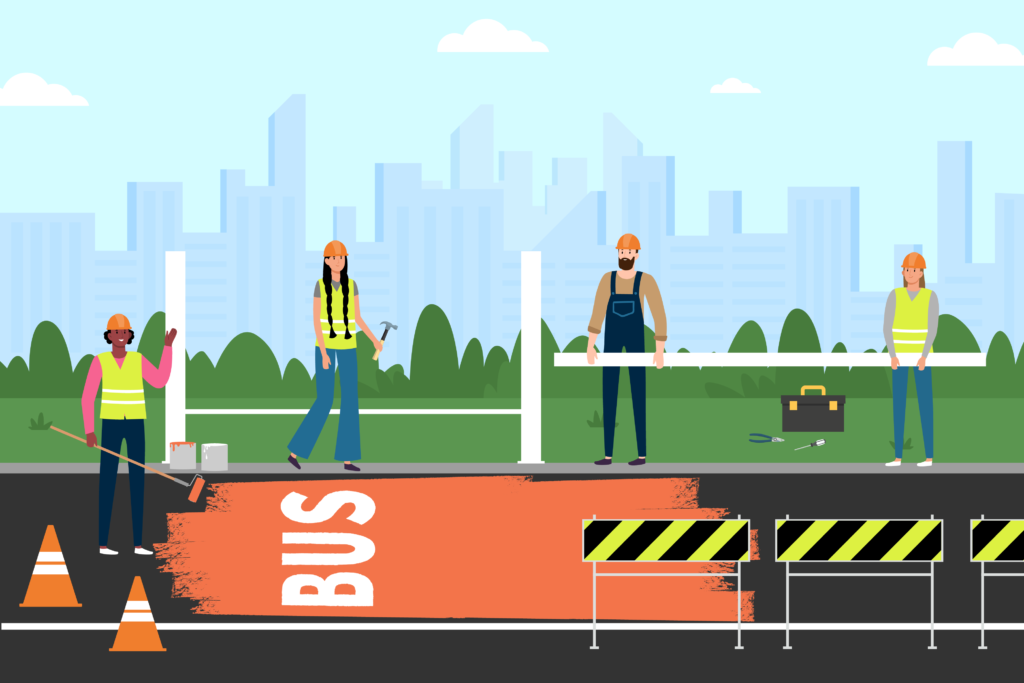
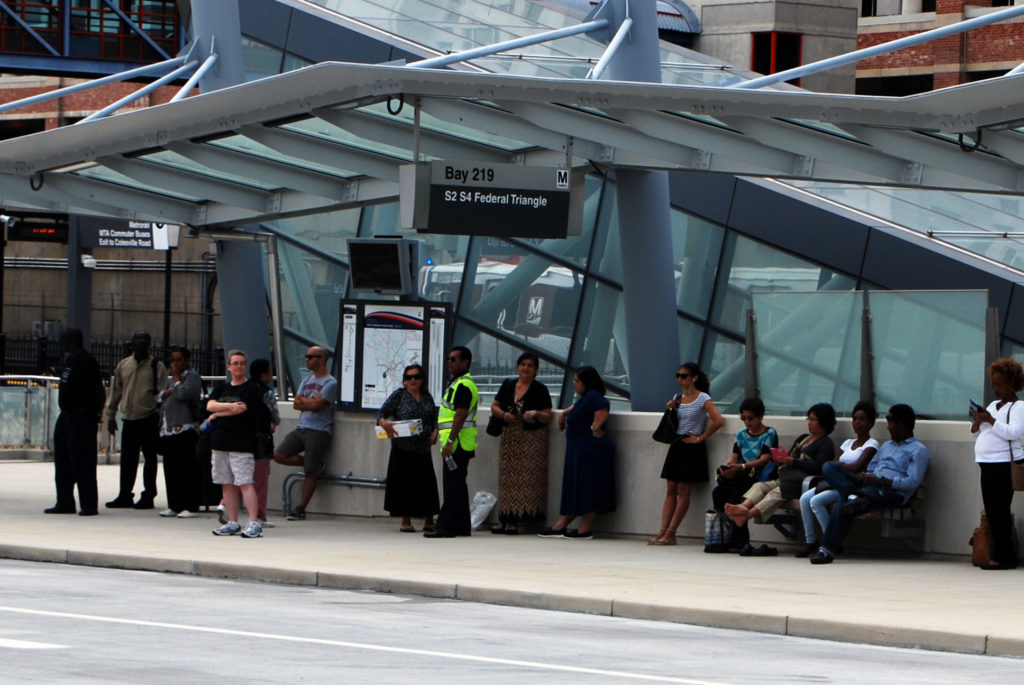
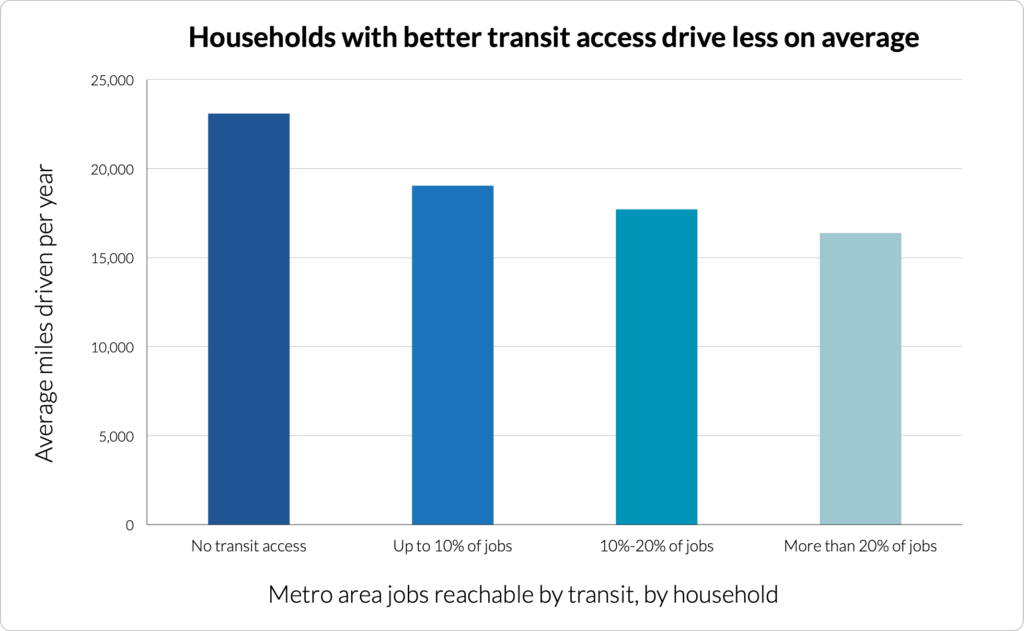
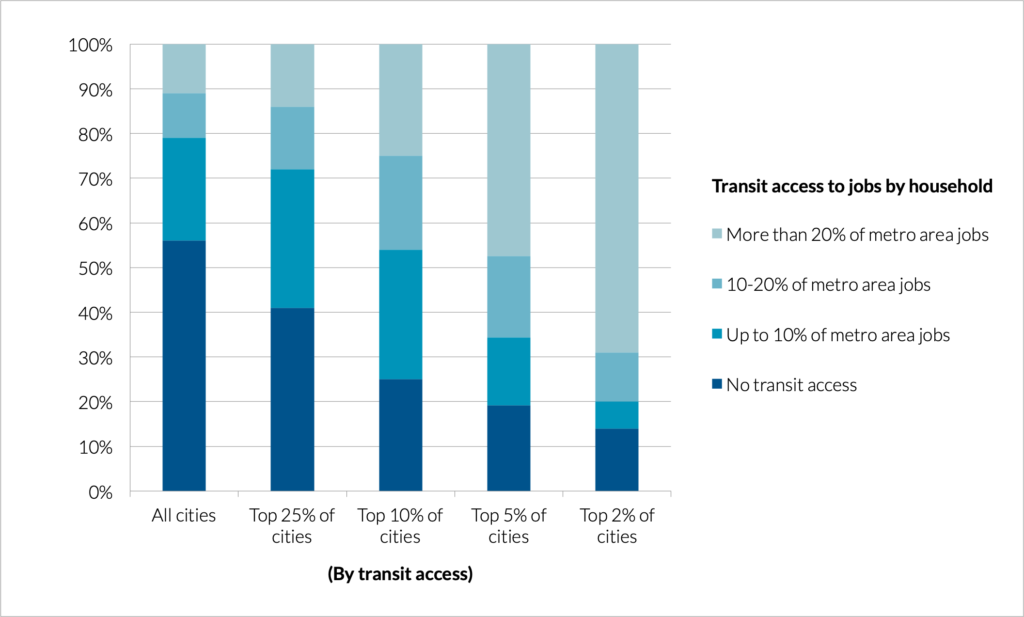
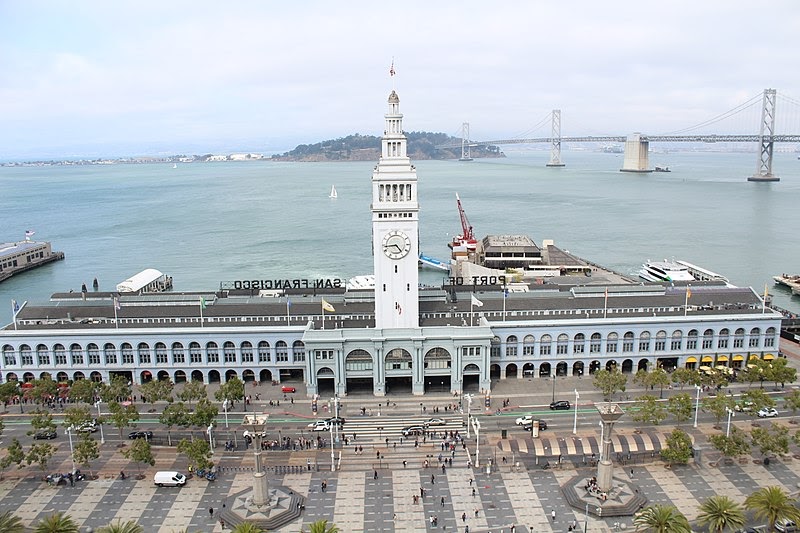
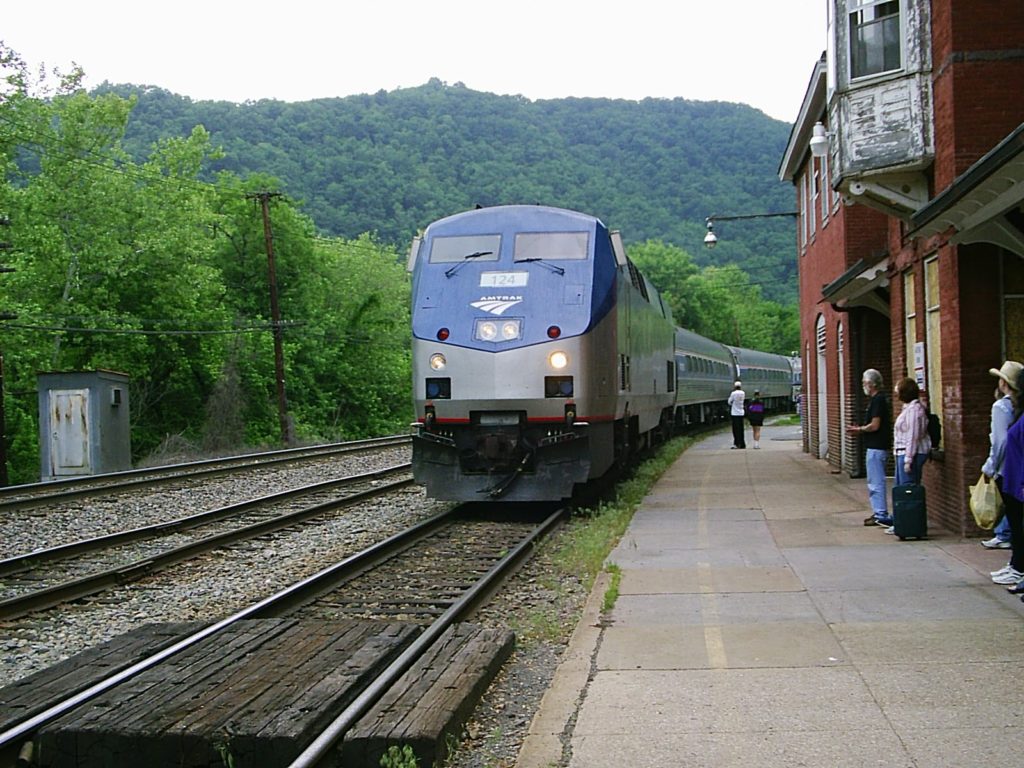
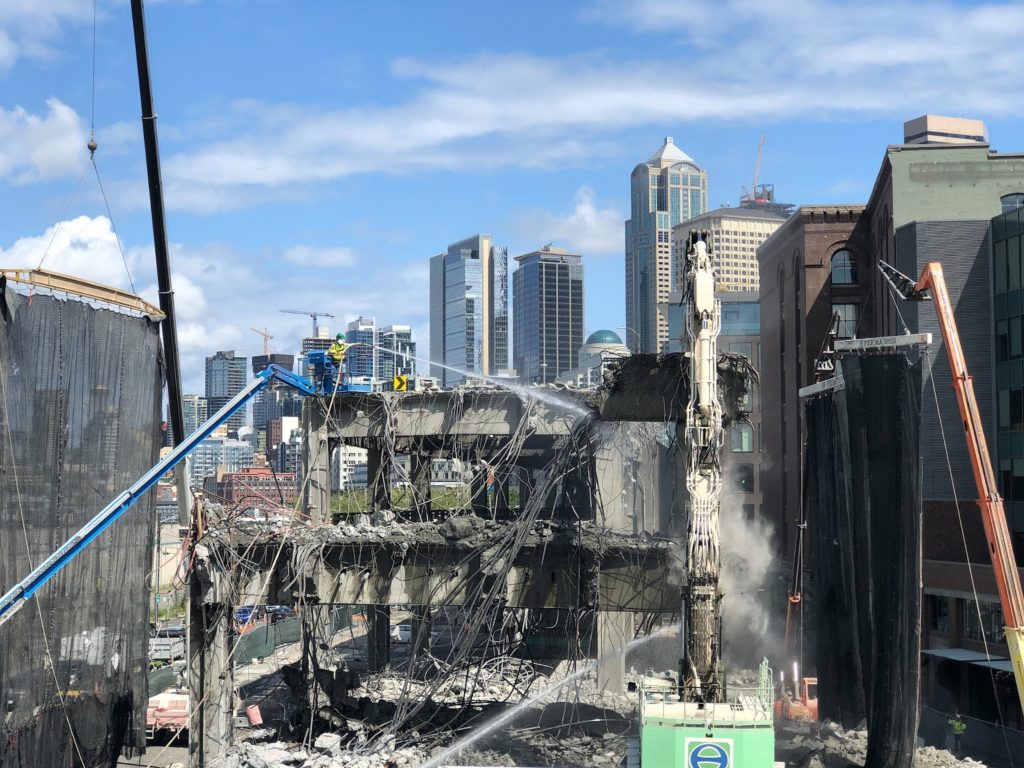
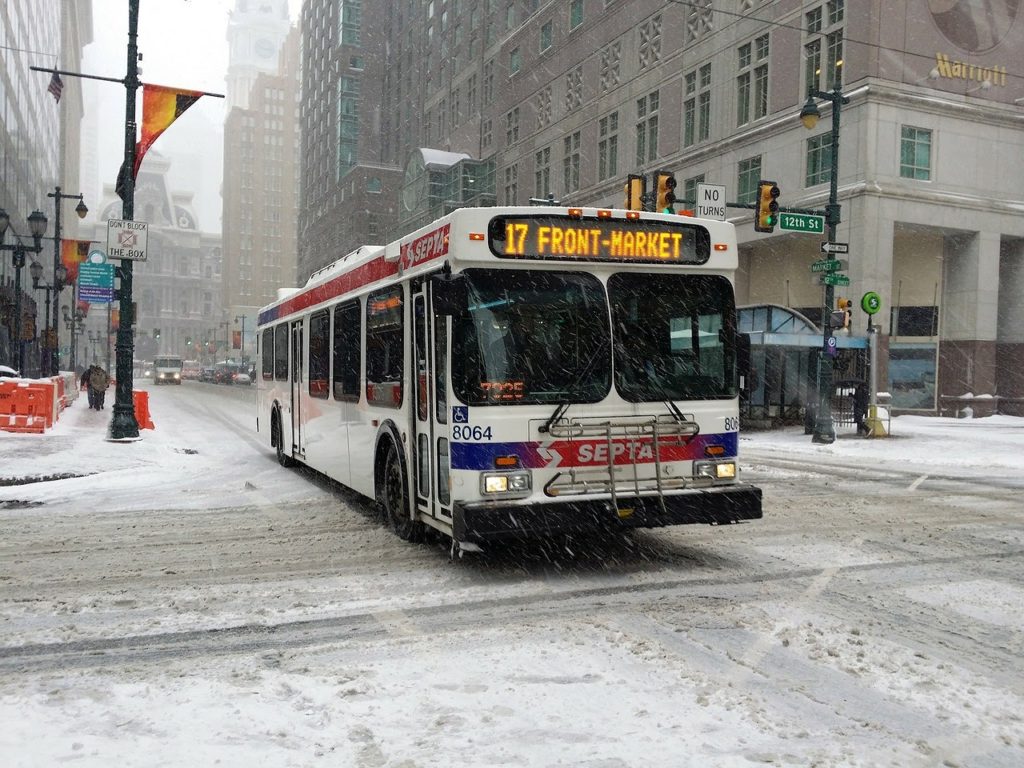
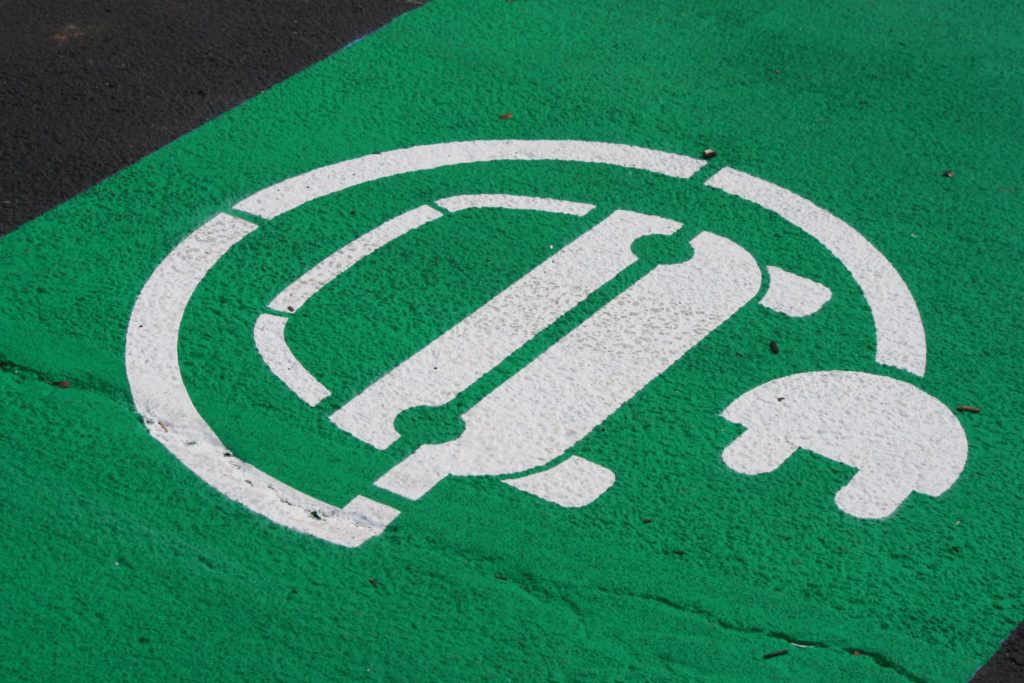
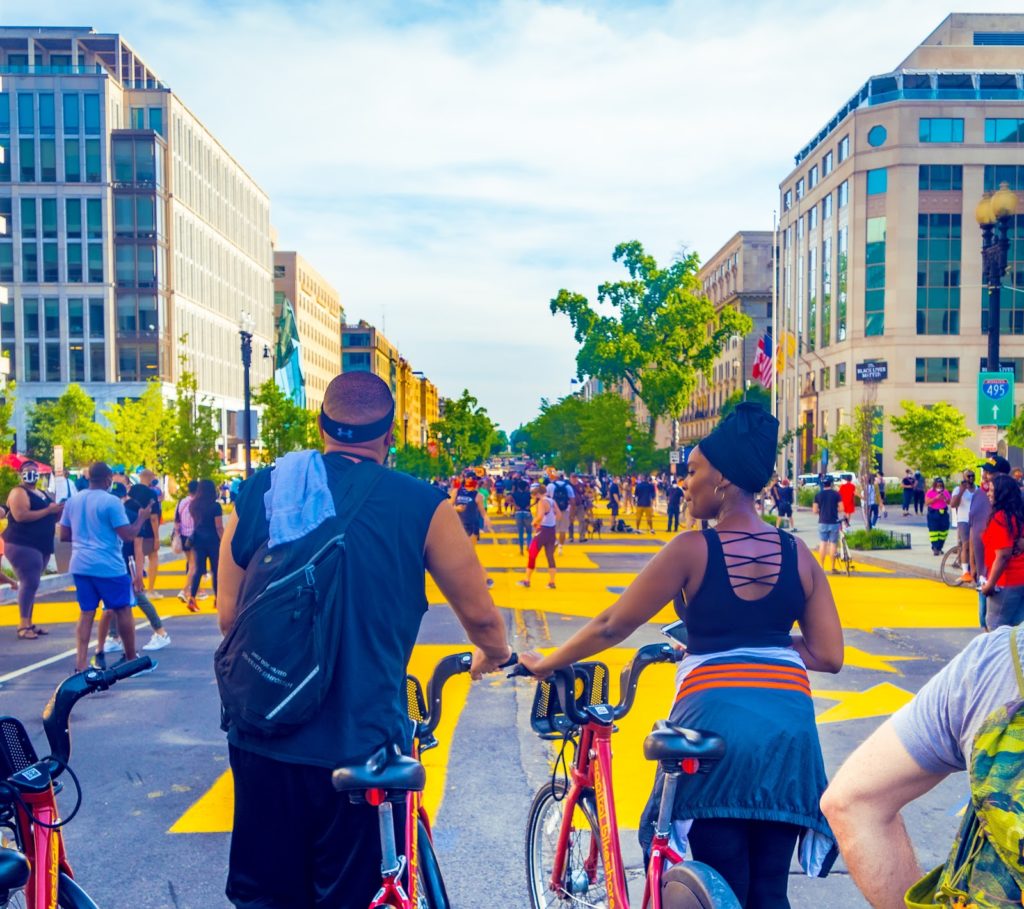
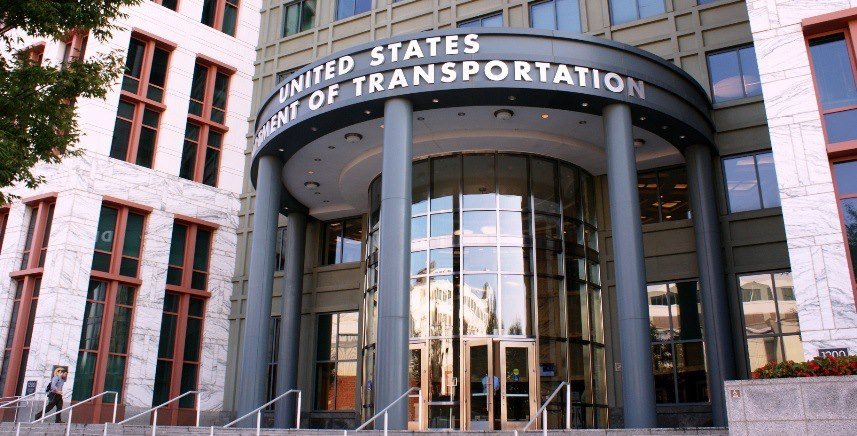
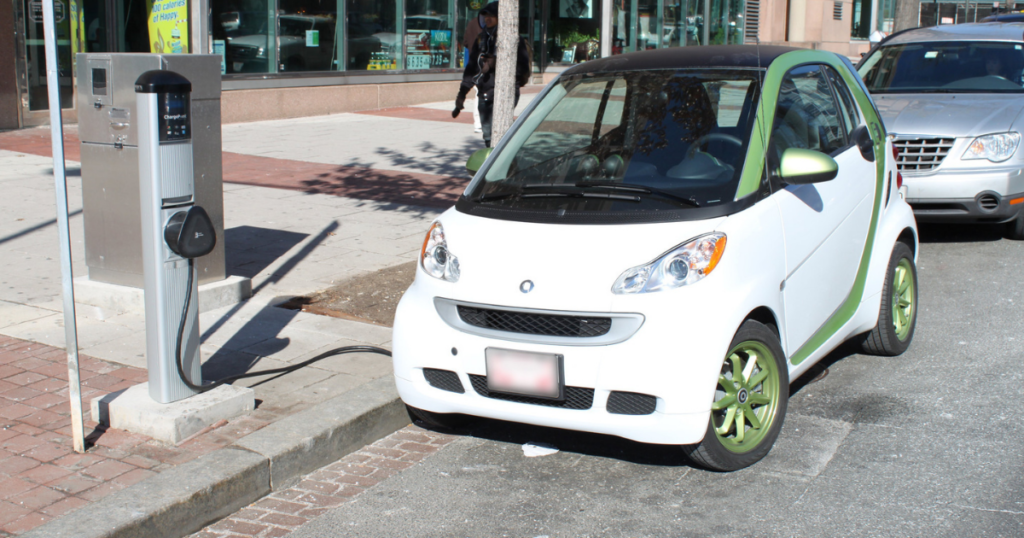

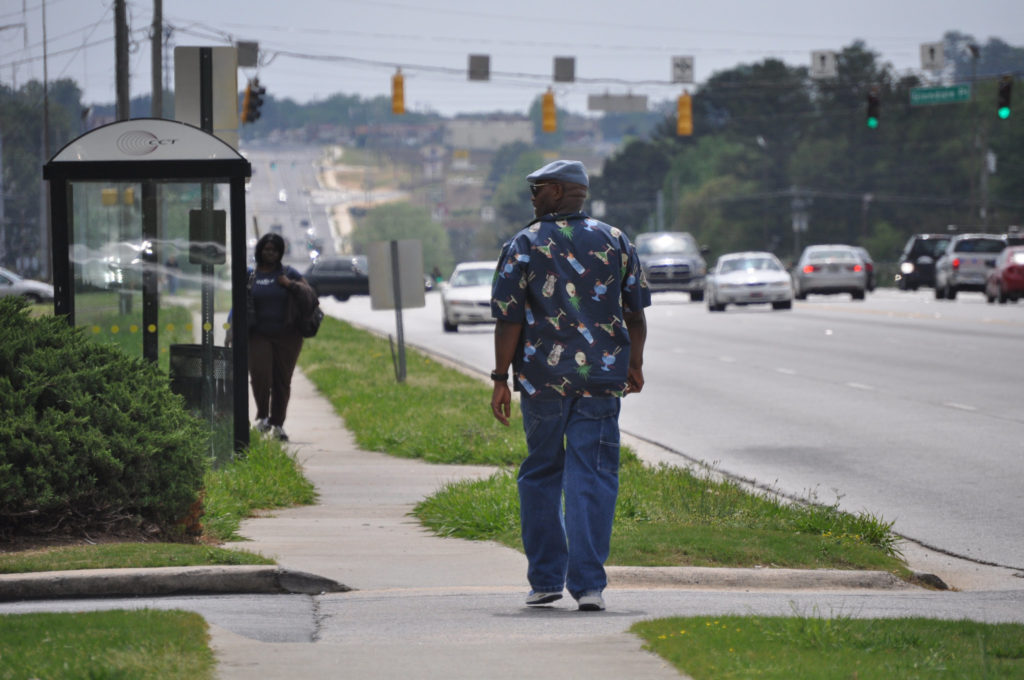
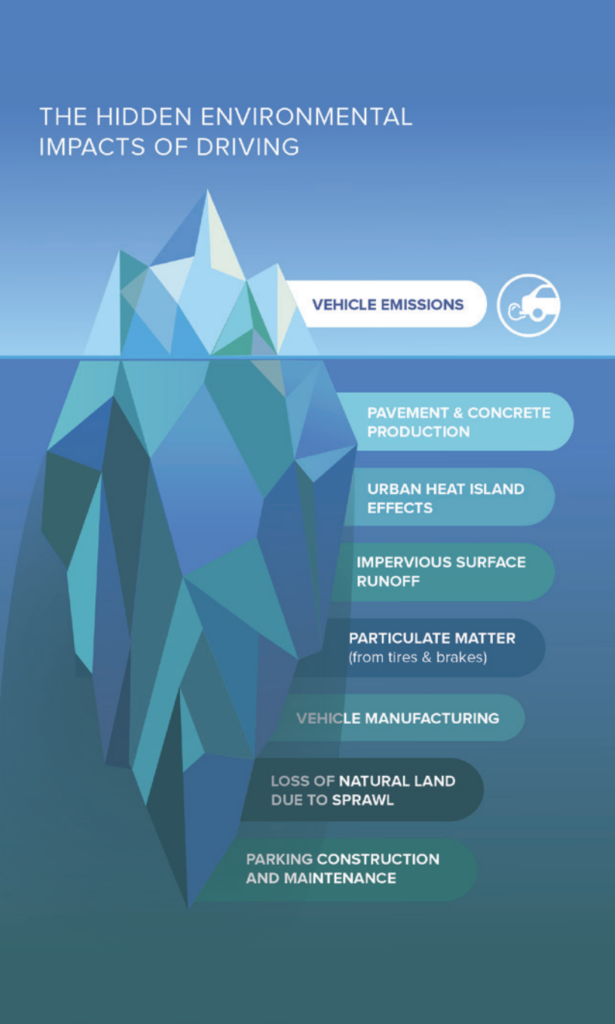
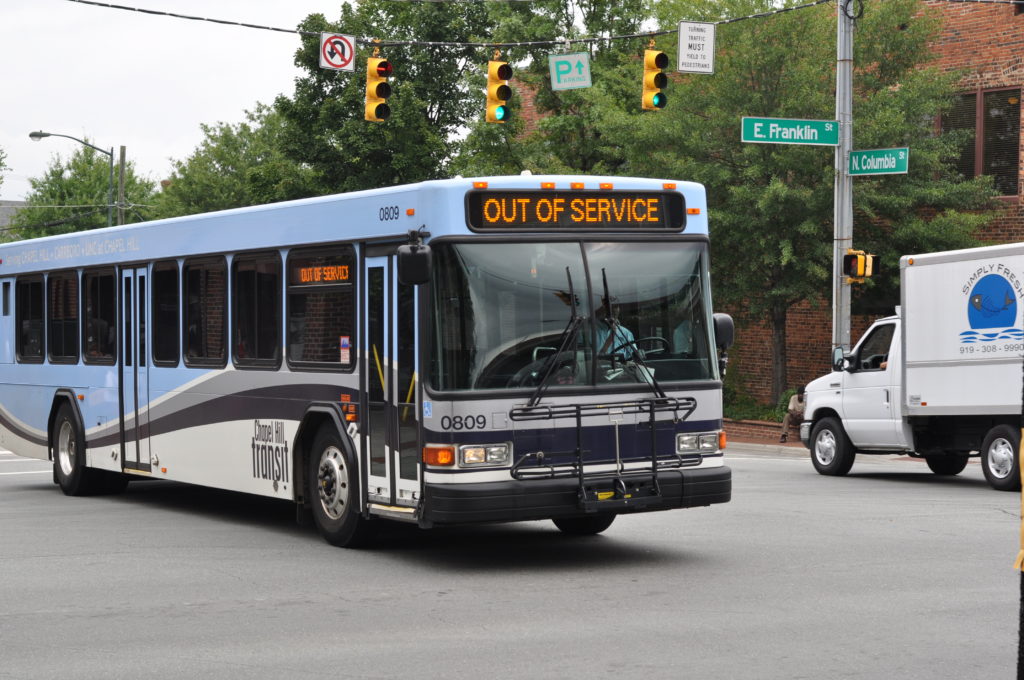
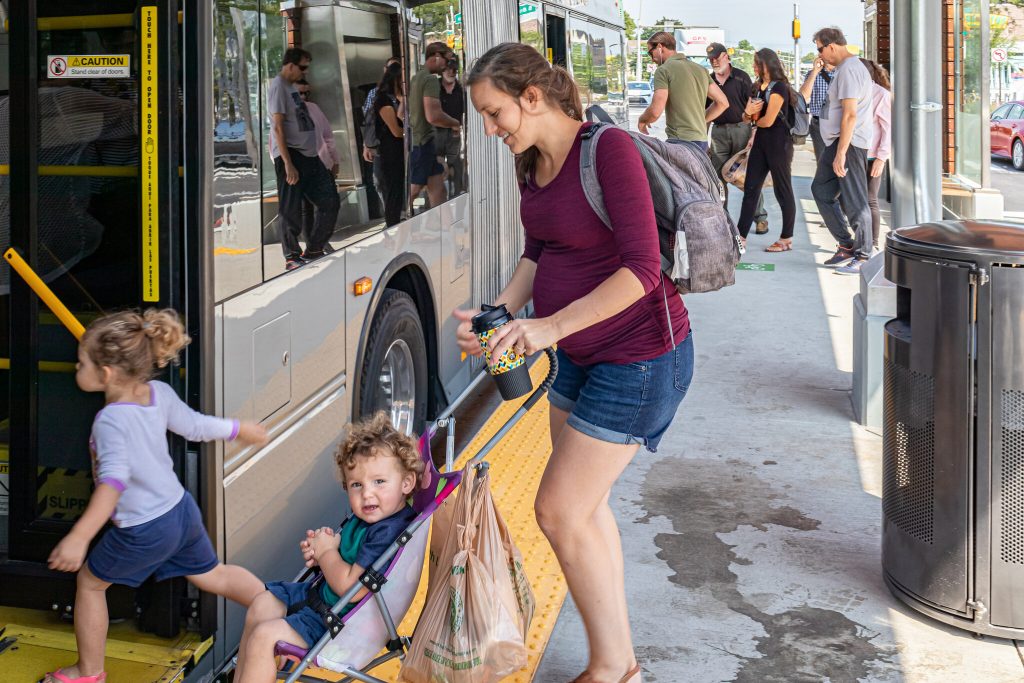
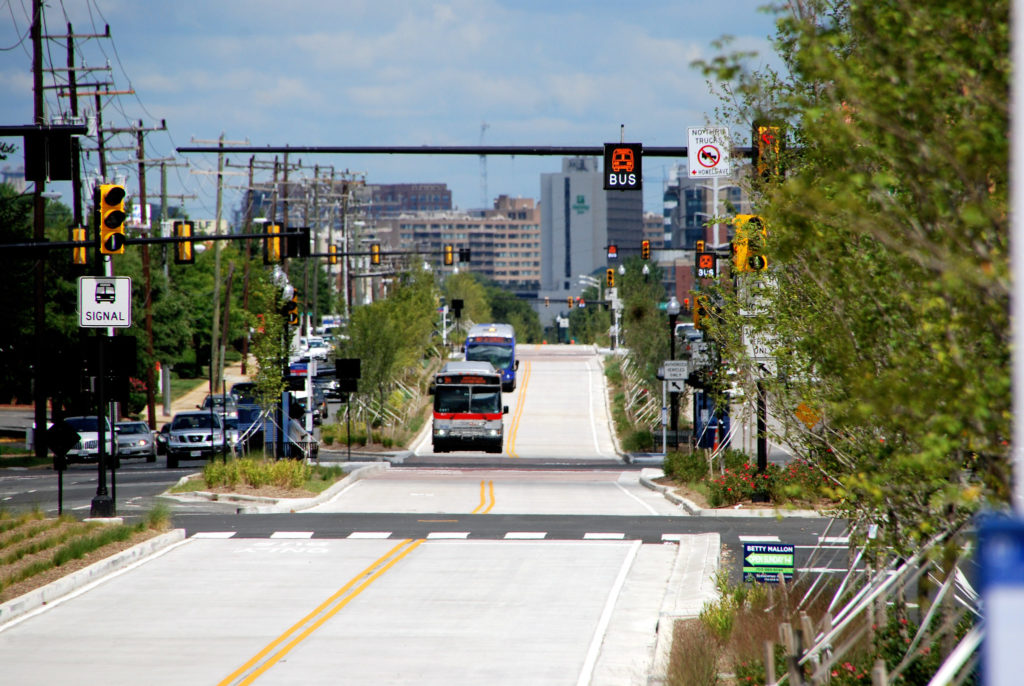
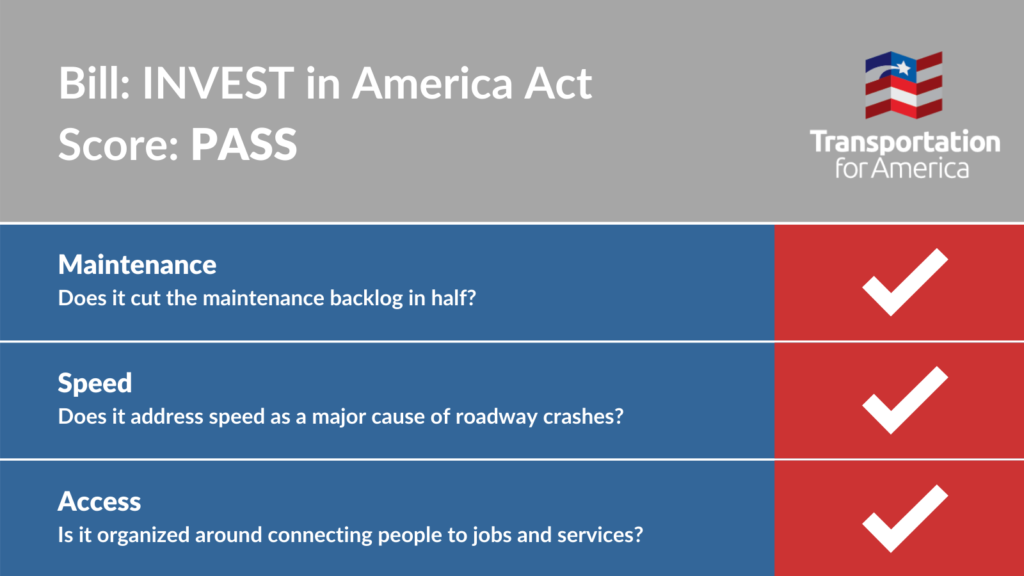
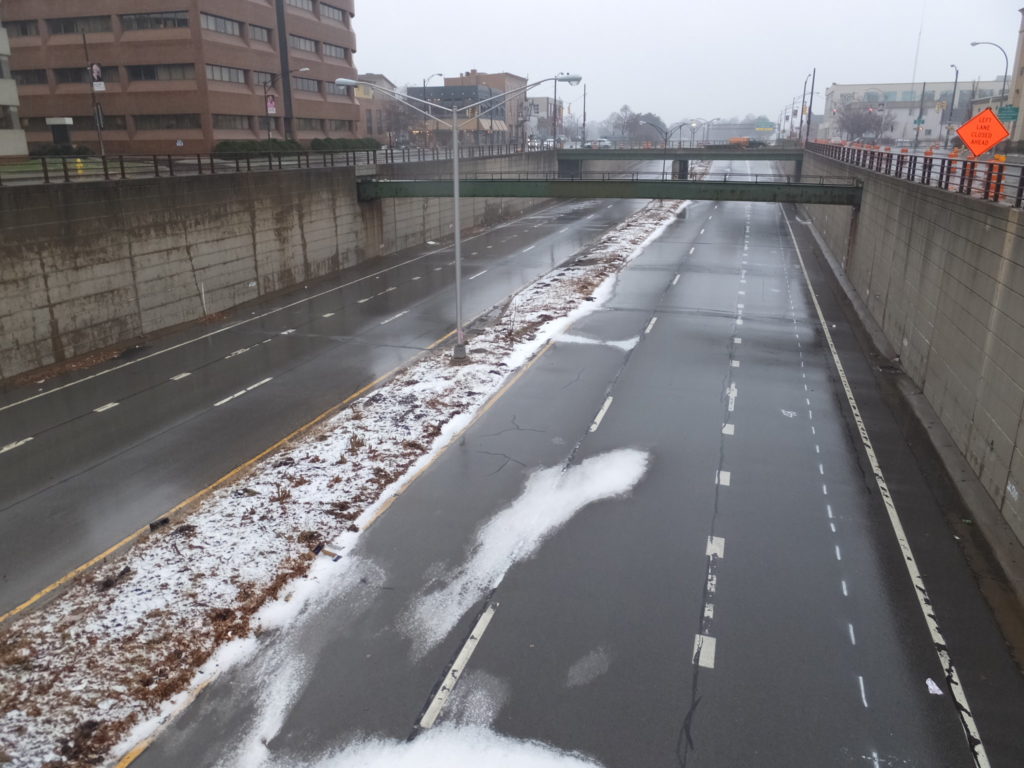
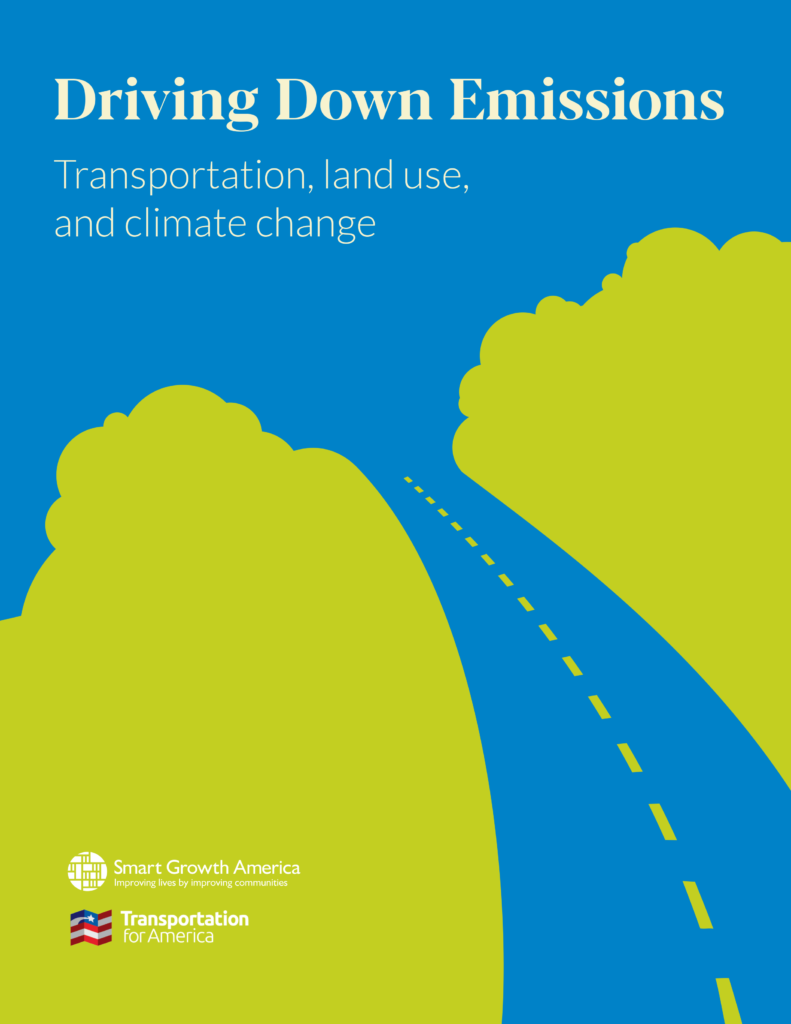
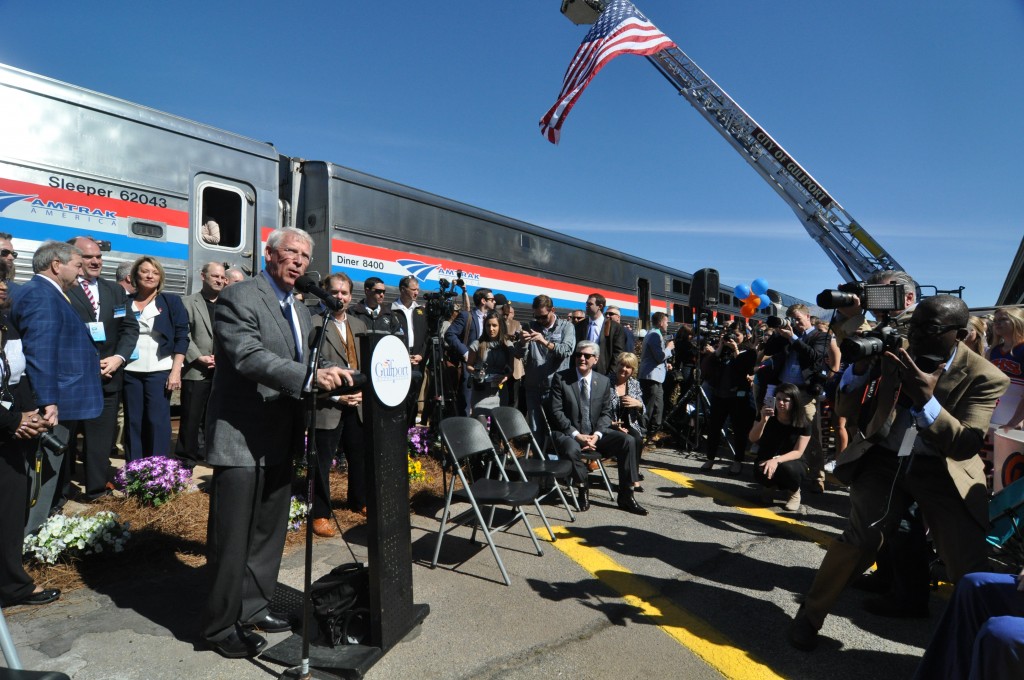
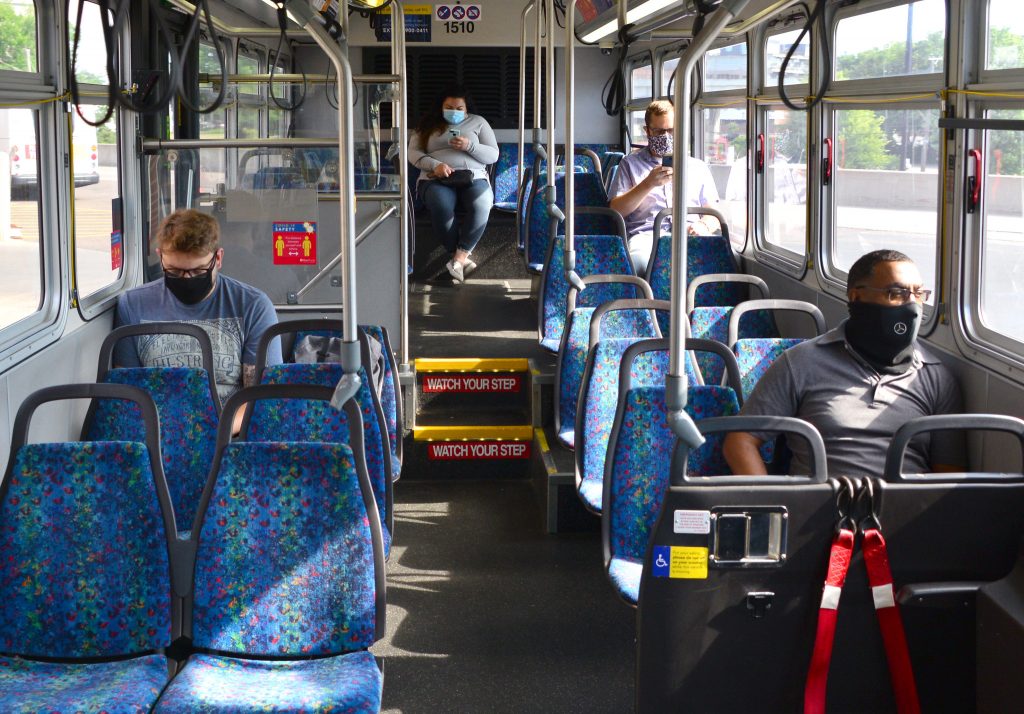

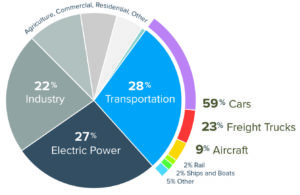
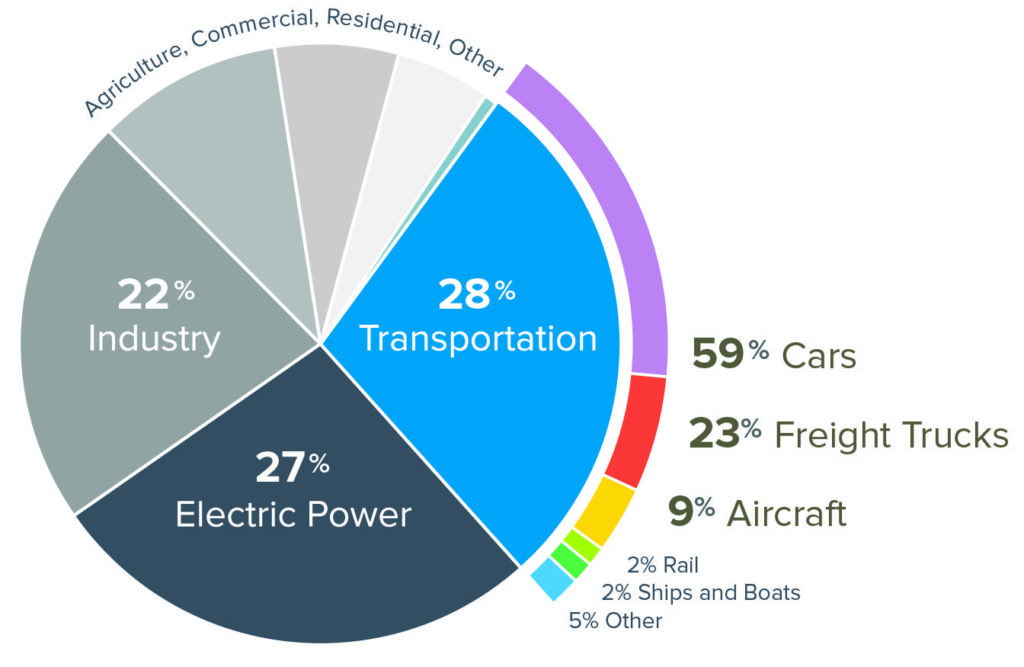
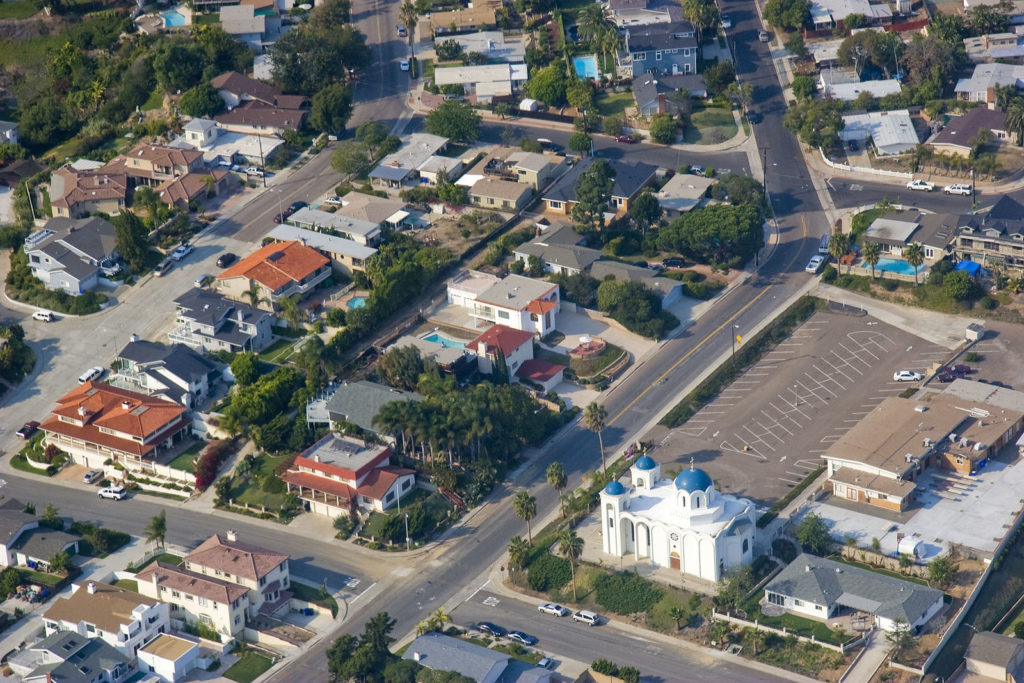
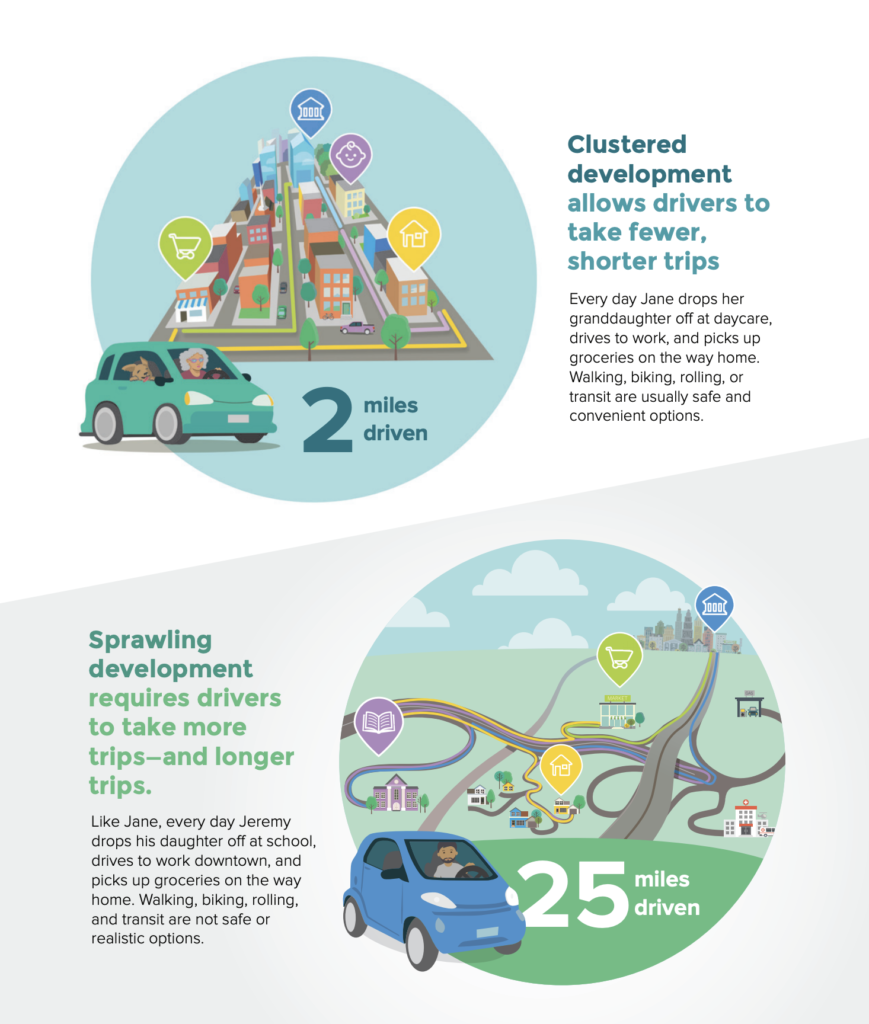
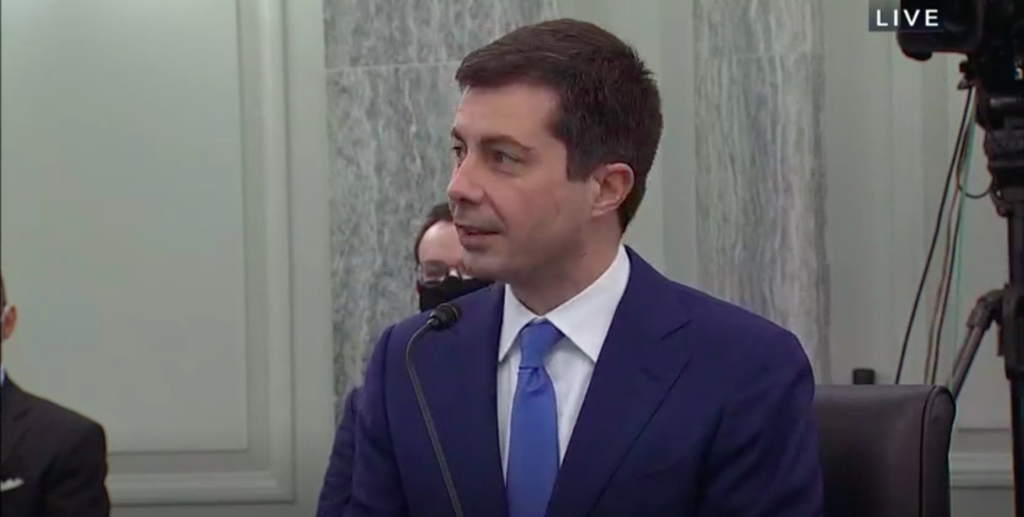

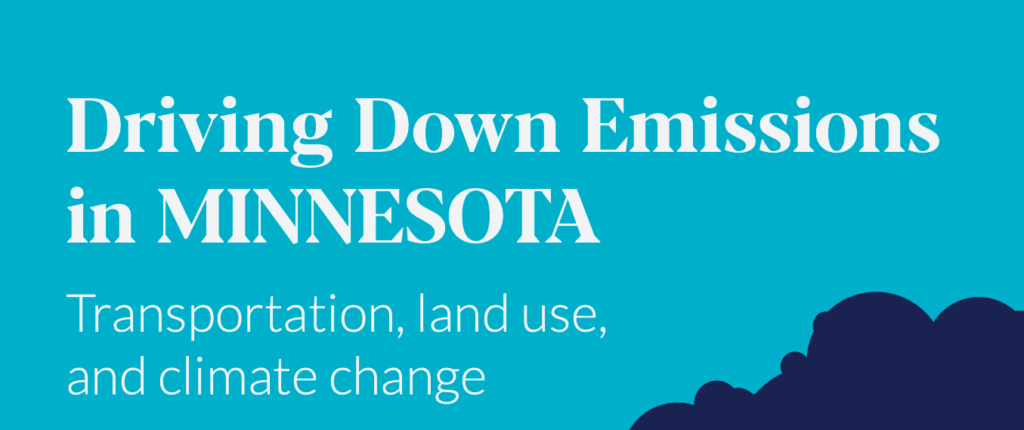
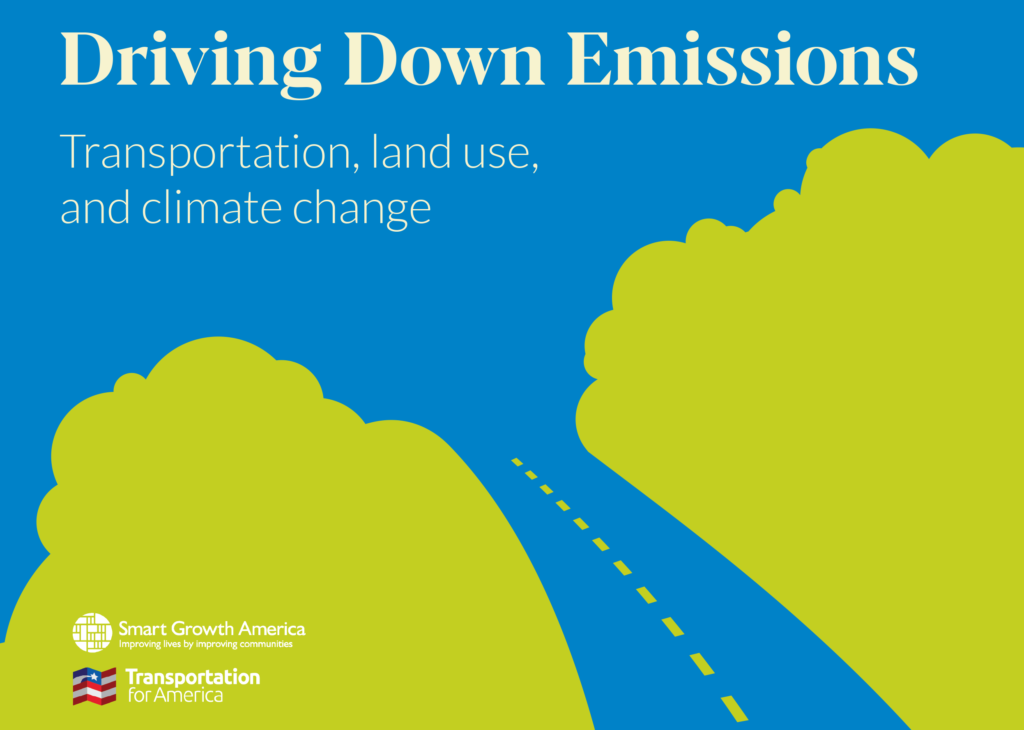
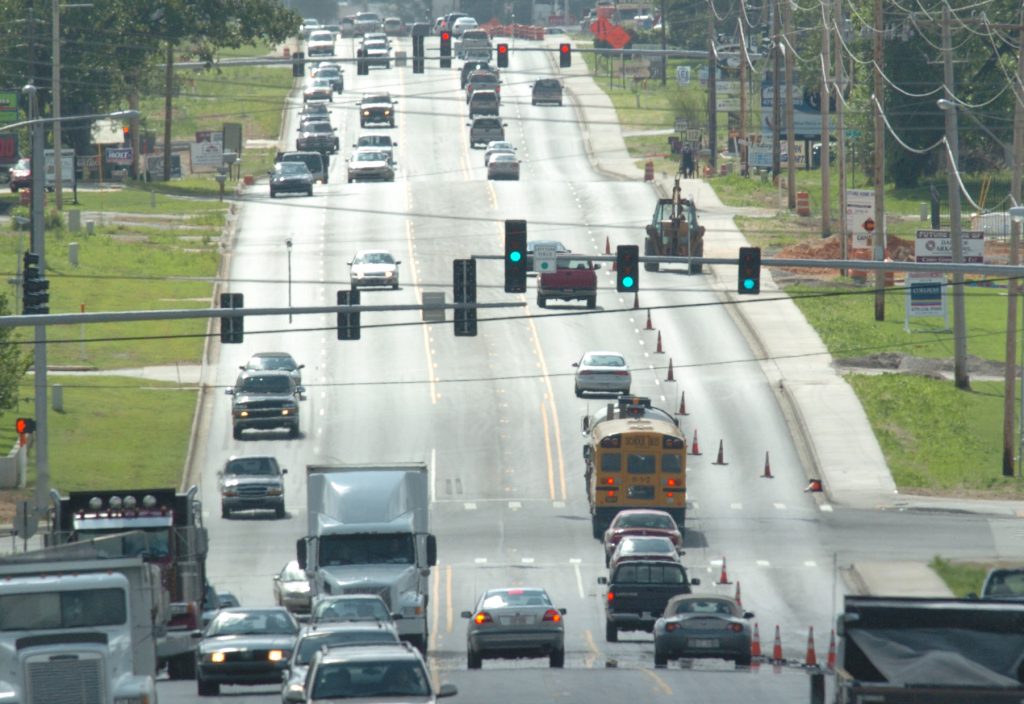
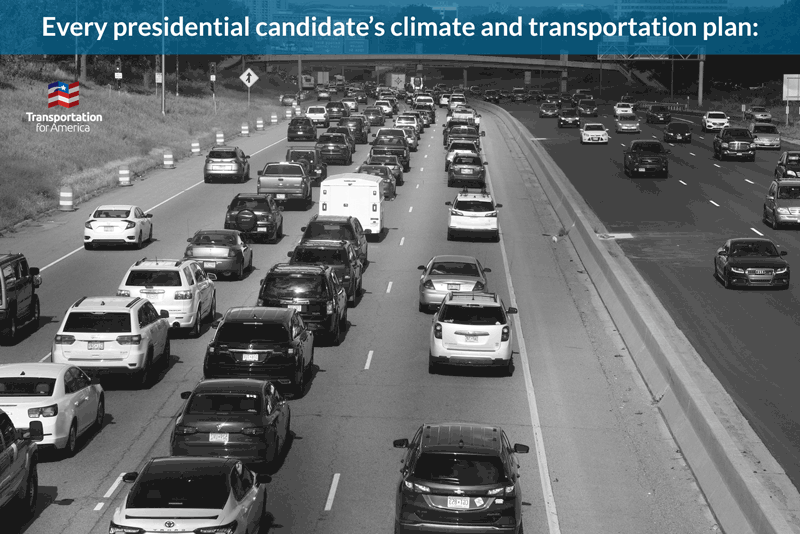
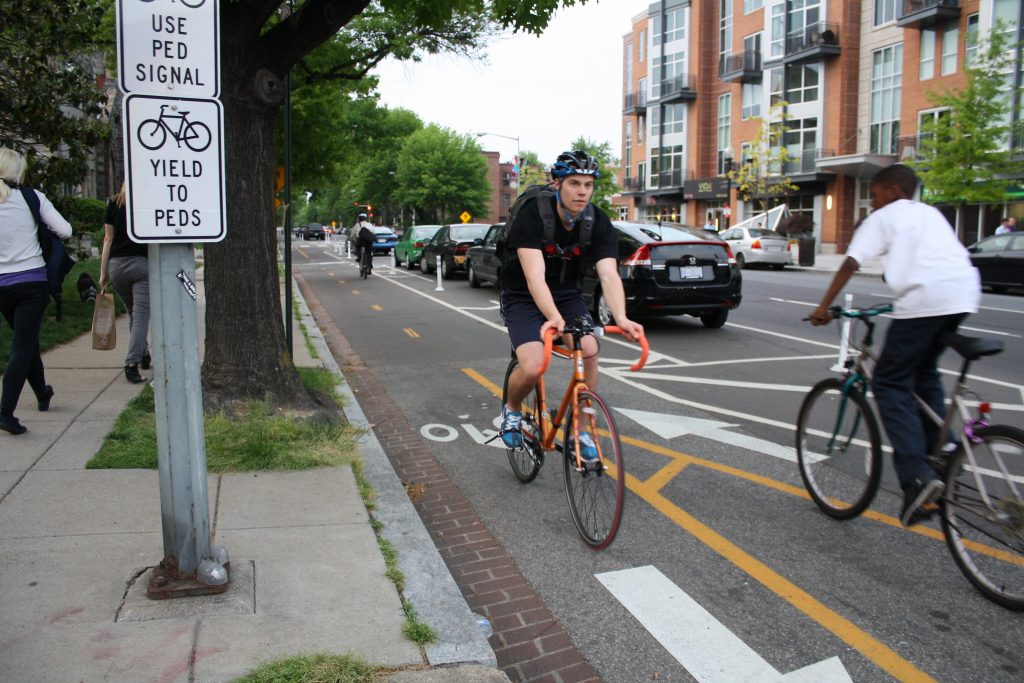
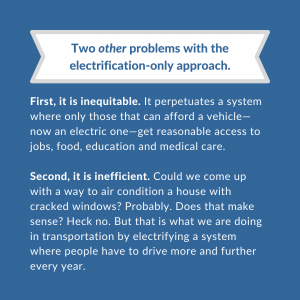 We won’t be able to increase fuel efficiency and electrify cars faster than VMT is rising, reducing the impact of electrification particularly in the next 10-20 years. And VMT is rising because the current federal transportation program—the broken program that the Senate is proposing to effectively renew with more money for five years—
We won’t be able to increase fuel efficiency and electrify cars faster than VMT is rising, reducing the impact of electrification particularly in the next 10-20 years. And VMT is rising because the current federal transportation program—the broken program that the Senate is proposing to effectively renew with more money for five years—